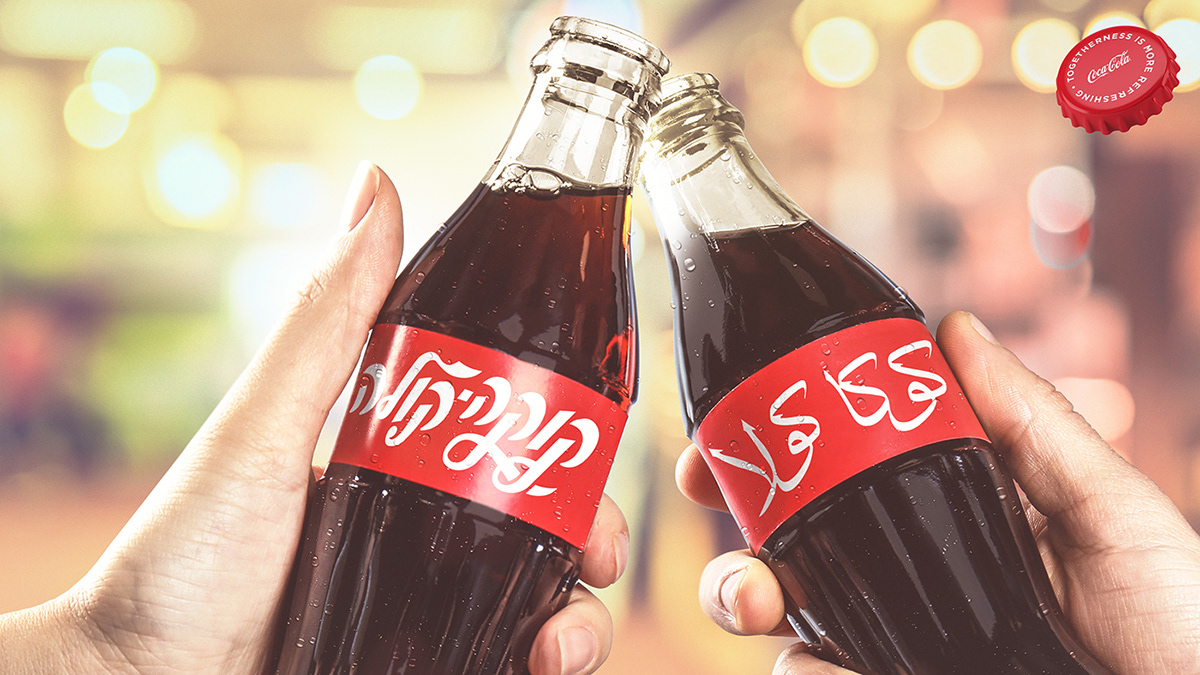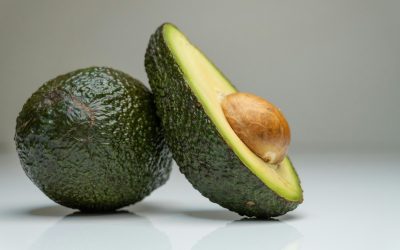A cultural metaphor is strong because it references cultural icons shared by a brand’s consumers. Of the three types of brand metaphors, this one has the most potential to slide into “themeiness.” But when it’s executed well, it can also be the most useful as a source of creativity and inspiration because cultural icons are so ingrained in us.
Coke is an olive branch
In many of their campaigns over the years, Coca-Cola has (consciously or unconsciously) used the brand metaphor of an olive branch. It’s symbol of peace from the 5th century BC in Greece, where it was associated with the goddess of peace, Eirene. The symbol was later adopted in early Christianity, with St. Augustine writing that “perpetual peace is indicated by the olive branch which the dove brought with it when it returned to the ark.” The symbol is rarely used literally anymore, but the symbolic reference has remained part of Western culture.
Over the course of at least five decades, Coca-Cola has been using this brand metaphor to imply that the beverage has an almost magical ability to bring peace (either temporarily or permanently) between conflicting parties.
Apple liberates us from a dystopian future
Apple’s “1984” commercial that introduced the Macintosh computer (developed by Chiat/Day and directed by Ridley Scott) portrayed an unnamed heroine saving people from conformity, borrowing elements from George Orwell’s famous novel, Nineteen Eighty-Four. Orwell’s story describes an authoritarian future, where people are forced into obedience and brainwashed by propaganda from “Big Brother.”
Before he previewed the commercial at the 1983 Apple Keynote address, Steve Jobs said,”It is now 1984. It appears IBM wants it all…. Dealers initially welcoming IBM with open arms now fear an IBM dominated and controlled future. They are increasingly turning back to Apple as the only force that can ensure their future freedom.” This strong use of brand metaphor resulted in this commercial being one of the most memorable and successful American ads of all time.




